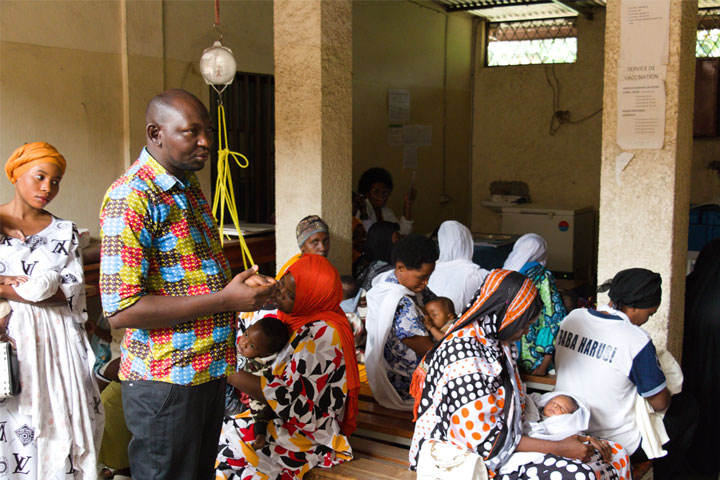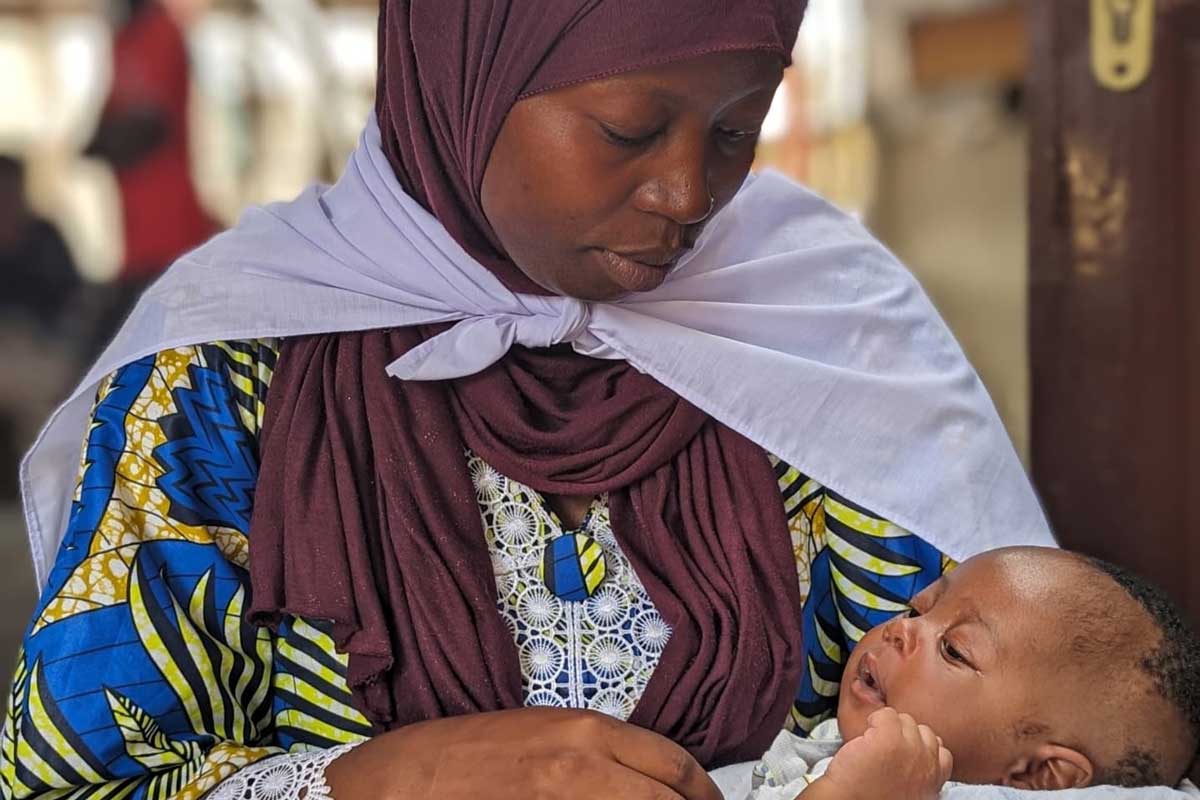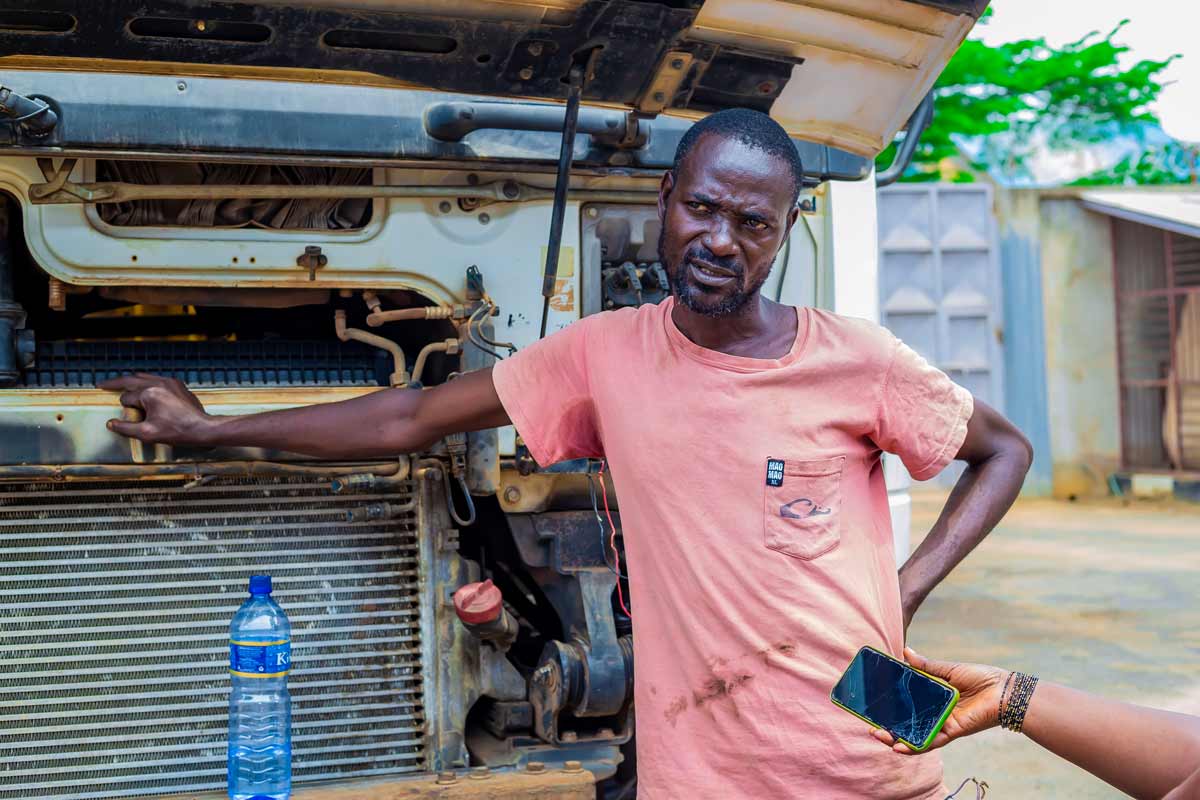Mothers hail historic malaria vaccination roll-out in Burundi
As the rains loom, threatening a new malaria season, parents of some of Burundi’s youngest denizens know their children are better protected than ever before.
- 28 March 2025
- 4 min read
- by Moses Havyarimana
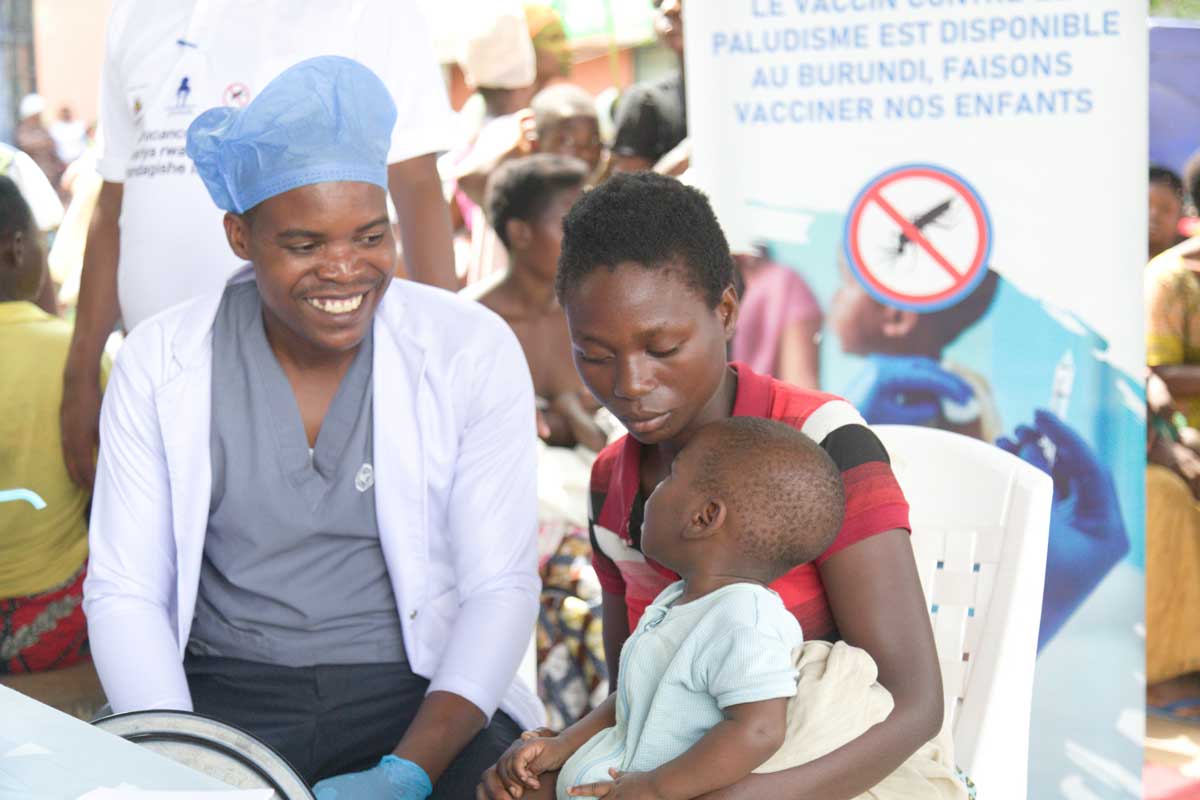
Earlier this month, relief dawned for 32-year-old Cherissa Niyokwizera, from Mpanda in northwestern Burundi’s Bubanza province.
The mother of four arrived at the General Hospital of Mpanda with her youngest in tow – and left again buoyed by the knowledge that her child was one of the first people in the country to be vaccinated against malaria.
“It is really important for our children’s health because in our village there have been a lot of malaria cases caused by the floods and the stagnant water. Malaria is really deadly and that’s why we responded quickly for this call – because we have seen how our neighbours lost their children due to malaria,” said Cherissa Niyokwizwera.
Rates of the mosquito-borne parasitic infection are high in Burundi: as many as four in ten residents fell ill with the disease 2023, with children under five accounting for almost half of all cases. Young children are also globally the most at risk of death from malaria, with more than 75% of the 600,000 malaria fatalities a year occurring in children in that age group.
That places a strain on the health system. “We have been understaffed in this health centre for some time, and overwhelmed with the number of patients arriving for treatment not only because of malaria, but also from other diseases. We hope the malaria vaccination will help reduce the number of patients,” said a health worker at one of the health centres in Cibitoke, not far from Mpanda.
Burundi introduces the jab
A consignment of 543,950 doses of the RTS,S malaria vaccine arrived in Bujumbura in January. On 17 March, Burundi formally launched its malaria vaccination programme, becoming the latest in a series of African countries to be able to offer the jab to its youngest citizens. “Since December 2024, 17 countries have integrated the anti-malaria vaccine in their vaccination programme for the children, and thanks to the financial support by Gavi, the Vaccine Alliance, 1,445,500 doses have been secured for Burundi,” said WHO’s Dr Xavier Crespin.
According to the Burundi Ministry of Health, the first phase of vaccination will involve nine provinces with particularly high malaria incidence and mortality rates among children under five.
The vaccine is administered in a four-dose series recommended for children beginning at around five months of age.
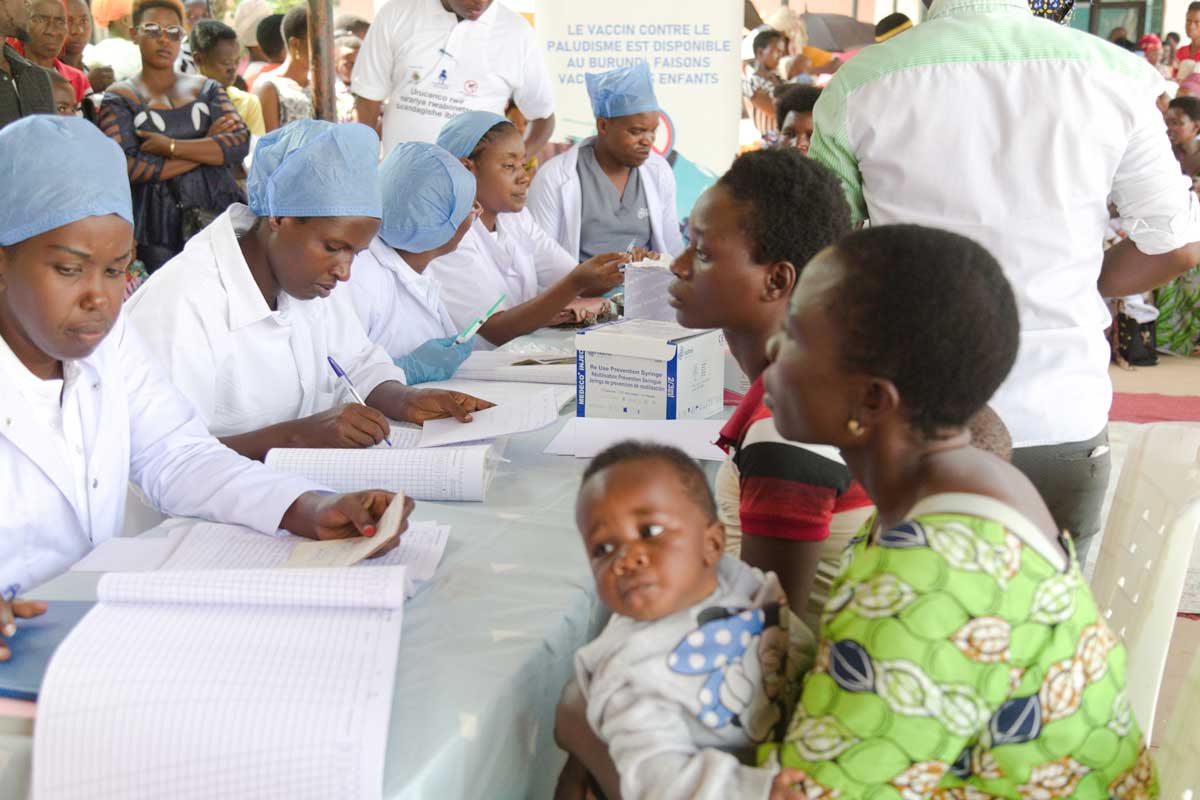
Not a moment too soon
For parents like Niyokwizera, this is the time of year in which the worries mount: cases of malaria in Burundi tend to spike in April, May and June, as the rainy season starts, and mosquitoes begin to breed at higher rates in the drenched environment.
Getrude Niteretse, a 36-year-old mother of six from Cibitoke, says five of her children have suffered malaria, with three of them needing to be hospitalised.
“Sometimes we receive mosquito nets to protect ourselves from malaria but my children have been always falling sick, and it is really draining as I had to be at the hospital and also taking care of other responsibilities at home,” she said, expressing hope that the vaccine will ease the risk at least for her youngest.
Niyokwizera only regrets that her elder children have aged out of eligibility for the jab. “For now we see it is only the young ones under two years of age that are protected – you may find in a family it’s only one child vaccinated, but we want all of them to get vaccinated,” she told VaccinesWork. That is hopefully a feeling fewer and fewer parents will need to experience, as Burundi expands its vaccination campaign across the country in the coming years.
During the official launch of the vaccination roll-out in Burundi, Mario Jimenez, Gavi’s team lead for Burundi said, “We are honoured to accompany Burundi in this first phase of deployment: a historical milestone in public health and the fight against malaria… it means less hospitalisation, less suffering and more children growing in good health conditions.”
